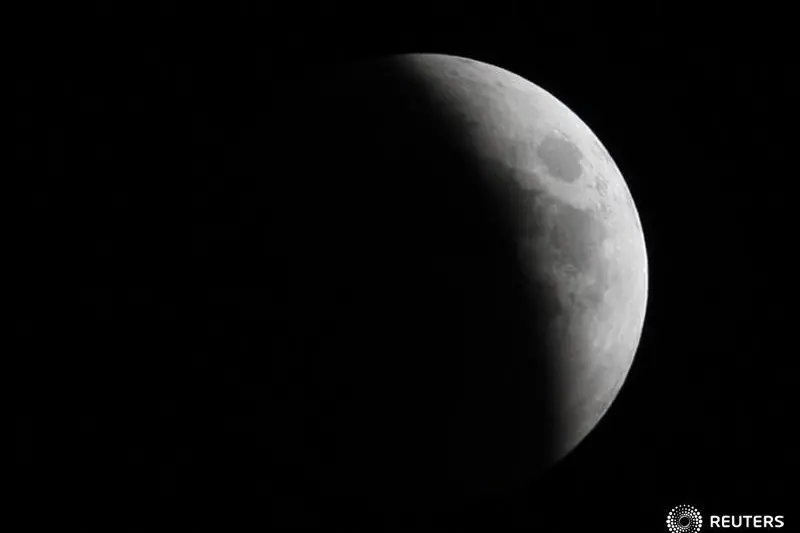PHOTO
Friday, Jul 21, 2017
Dubai: Residents can get the chance to see the moon slightly disappear next month, as a partial lunar eclipse will affect the UAE by 24.6 per cent.
The partial lunar eclipse will happen on Monday August 7, 2017, and will be seen in countries within the Eastern Hemisphere, including the Arabian Peninsula, and the regions of Central Asia, the Indian Ocean and parts of Africa and Europe.
Ebrahim Al Jarwan, General Supervisor at Sharjah Planetarium, said that in the UAE, residents can start to see the eclipse at 7.50pm.
“The peak of the eclipse will be at 10.20pm, before coming out of the shadow and returning back to its full glow at 11.50pm,” said Al Jarwan.
However, far-western Africa and far-western Europe, such as the UK, Portugal, and Scandinavia, will not see the partial umbral eclipse because the moon will not rise until after the eclipse ends.
Al Jarwan pointed out that the lunar eclipse will be followed by a total solar eclipse on August 21, 2017, which will be seen in the US but not in the UAE.
Do lunar and solar eclipses have any noticeable effect on humans?
There is no evidence that eclipses have any physical effect on humans. However, eclipses have always been capable of producing profound psychological effects.
For millennia, solar eclipses have been interpreted as portents of doom by virtually every known civilization. These have stimulated responses that run the gamut from human sacrifices to feelings of awe and bewilderment. Although there are no direct physical effects involving known forces, the consequences of the induced human psychological states have indeed led to physical effects.
Source: National Aeronautics and Space Administration (NASA)
by Mariam M. Al Serkal Senior Web Reporter
Gulf News 2017. All rights reserved.





















